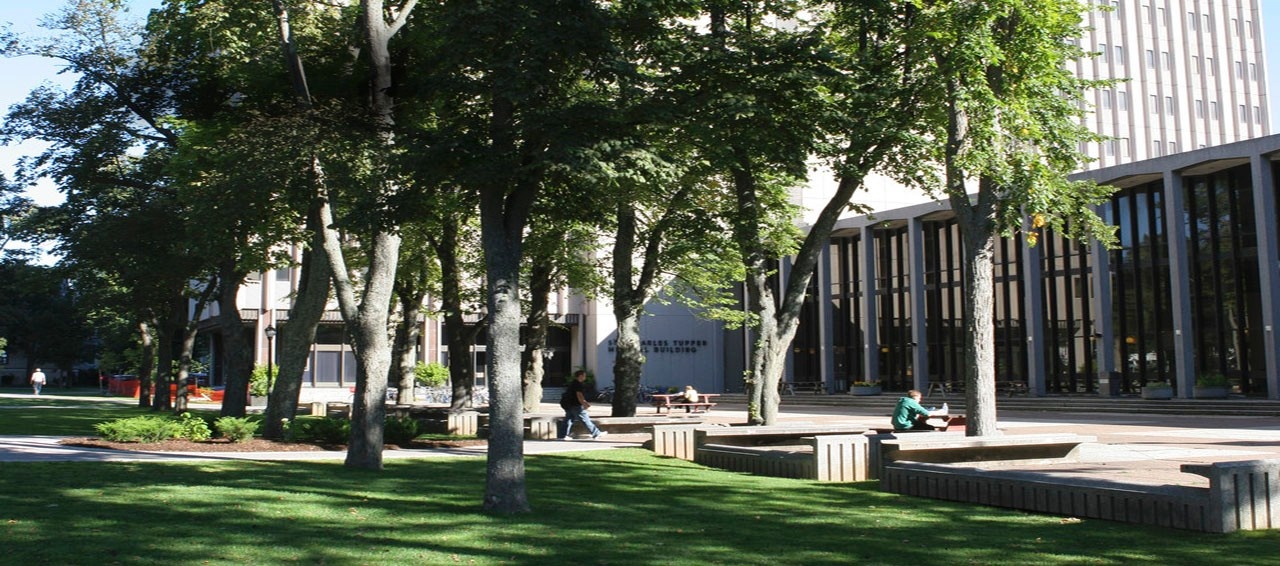About Dalhousie Medical School
Dalhousie Medical School teaches scientific excellence and humanity in medicine, facilitates leading health research, influences social and health policy, and helps drive the regional economy.
An integral part of Maritime Canada since 1868, Dalhousie Medical School's success has always been linked to our relevance to the communities we serve. While most Maritime doctors earned their MDs at Dalhousie, our well-trained, highly skilled graduates can be found caring for people of all ages throughout Canada and around the world.
Training doctors
Delivering patient care
Improving health care
Conducting research

